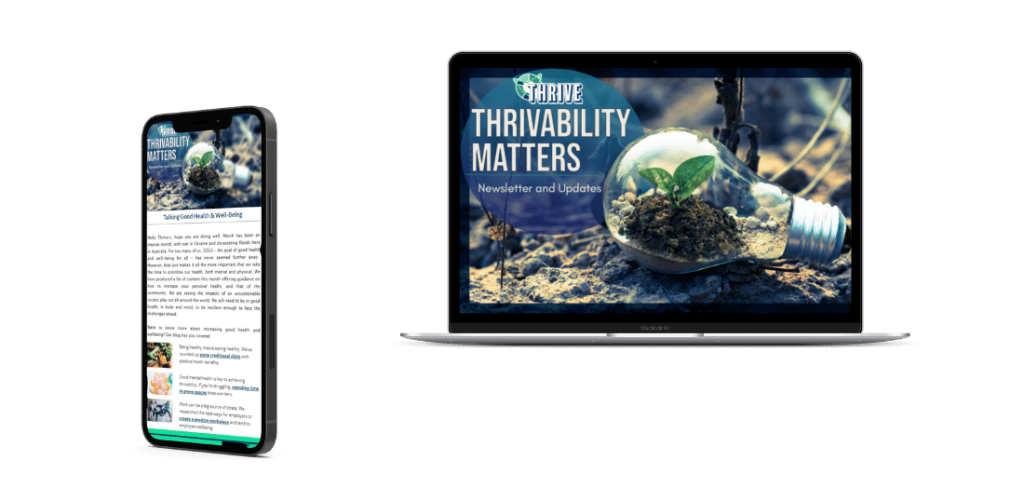An uncertain future for water availability
Freshwater is an essential natural resource for all. Its availability must be sustained for current and future generations, however in the midst of climate change this may not be the case. Additionally, the rising challenges of an increasing and urbanizing population are putting a greater demand on water availability and water for food and fiber production (CSIRO, 2020). Securing water resources for tomorrow requires adaptive and innovative solutions to meet the demands on these water supplies.
Water resources are increasingly threatened by climate variability. Estimations of future water availability are hard to predict alongside climate change, however, areas susceptible to drought are predicted to become drier, whilst areas of high rainfall are generally expected to get wetter (Center for Climate and Energy Solutions, 2020). As the global frequency, duration and severity of drought increases due to human-induced climate change, freshwater resources have diminished whilst the demand only increases (Quiggin, 2010). In Western Australia, a 55 % decline in runoff into Perth’s reservoirs has occurred since 1970 to 2010; it has been predicted that by 2070, eastern Australia will experience 40% more months of drought every year due to changes in rainfall patterns associated with climate change (Quiggin, 2010).

The recent increase in severe drought in eastern Australia serves as a continuing reminder of the significant impacts that drought can have on the health, economy, agriculture, environment and ecosystems and urban water supplies (Climate Council, 2018). Managing water resources to meet the needs of the society under conditions of considerable uncertainty is a difficult task.
Building resilience
With increasing human population and activity, the demand for water resources has increased by nearly 8 times (Veldkamp et al., 2017). Reliance on natural water supplies is increasingly unpredictable, therefore water management needs sustainable solutions and strategies.
In many parts of the world, recycling water has become a common practice in aiding the fight towards water security; Singapore is a country that is leading the world in water recycling technology and securing water resources for its communities (Australian Water Association, 2020). Recycling water is the process of treating municipal wastewater, your sewer network, greywater and stormwater, to replenish freshwater resources. Therefore, closing the water cycle system on a local scale and ensuring the sustainable availability of freshwater to households, businesses and industries.
Wastewater treatment technology is capable of providing hygienic water that is often of a superior quality to existing water standards (Australian Water Association, 2020). Additionally, recycling water is relatively economical with low costs and low energy use, whilst providing a climate-resilient water supply system (Dolnicar and Schäfer, 2009). However, despite its benefits, the Australian population is generally hesitant to adopt this alternative water supply into their households; studies have found that more than 50 % of the population is resistant to use recycled water for food preparation and drinking (Dolnicar and Schäfer, 2009).
Adaptive Measures
Recycled water is already being used around Australia for irrigating parks and sports fields, industry and business use and household non-potable use (Sydney Water, 2020). Some places around the world have already adapted to using recycled water for drinking, for exampled Singapore and Namibia and towns in California and Texas (ABC News, 2018).
THRIVE relies on the hard work of volunteers. If you would like to help us as we work to build a thrivable future, sign up today. A list of current opportunities is available here. By working together, we can create change and ensure the long-term prosperity of our species.
REFERENCES
ABC News, 2018. Australians will have to get used to drinking recycled water. [online] Available at: <https://www.abc.net.au/news/2018-03-19/drinking-recycled-water/9546900> [Accessed 24 August 2020].
Australian Water Association. 2020. Water Recycling Fact Sheet. [online] Available at: <http://www.awa.asn.au/AWA_MBRR/Publications/Fact_Sheets/Water_Recycling_Fact_Sheet/AWA_MBRR/Publications/Fact_Sheets/Water_Recycling_Fact_Sheet.aspx?hkey=54c6e74b-0985-4d34-8422-fc3f7523aa1d> [Accessed 22 August 2020].
Center for Climate and Energy Solutions. 2020. Drought And Climate Change | Center For Climate And Energy Solutions. [online] Available at: <https://www.c2es.org/content/drought-and-climate-change/> [Accessed 23 August 2020].
Climate Council. 2018. Factsheet: Climate Change And Drought | Climate Council. [online] Available at: <https://www.climatecouncil.org.au/resources/climate-change-and-drought-factsheet/> [Accessed 24 August 2020].
CSIRO. 2020. Sustainable Consumption And Production – CSIRO. [online] Available at: <https://www.csiro.au/en/Research/LWF/Areas/Pathways/Sustainable-Consumption?ref=/CSIRO/Website/Research/Environment/Water/Urban-water> [Accessed 21 August 2020].
Dolnicar, S. and Schäfer, A.I., 2009. Desalinated versus recycled water: public perceptions and profiles of the accepters. Journal of environmental Management, 90(2), pp.888-900. < https://www.sciencedirect.com/science/article/pii/S0301479708000637?casa_token=dXzlRFymzeUAAAAA:RbqEZu8RHC96FRqv7N6omgu0zu3aI1zbErEps2AinslOysbStqRRPj4ytZn5ll9HQHamnV5-> [Accessed 23 August 2020]
Green and Growing. 2020. What Can We Do About Climate Change? 5 Solutions. [online] Available at: <https://www.greenandgrowing.org/what-can-we-do-about-climate-change/> [Accessed 24 August 2020].
Quiggin, J., 2010. Drought, climate change and food prices in Australia. Melbourne: Australian Conservation Foundation. <https://www.researchgate.net/profile/Sharon_Campbell9/publication/277082942_Let’s_not_forget_climate_change_in_the_food_insecurity_conversation_Why_the_homeless_are_most_vulnerable/links/566b458808aea0892c4c378a.pdf> [Accessed 21 August 2020]
Sydneywater.com.au. 2020. Recycled Water. [online] Available at: <https://www.sydneywater.com.au/sw/plumbing-building-developing/plumbing/recycled-water/index.htm> [Accessed 24 August 2020].
Veldkamp, T.I.E.; Wada, Y.; Aerts, J.C.J.H.; Döll, P.; Gosling, S.N.; Liu, J.; Masaki, Y.; Oki, T.; Ostberg, S.; Pokhrel, Y. 2017 Water scarcity hotspots travel downstream due to human interventions in the 20th and 21st century. Nat. Commun. 2017, 8, 15697< https://www.nature.com/articles/ncomms15697> [Accessed 23 August 2020]


